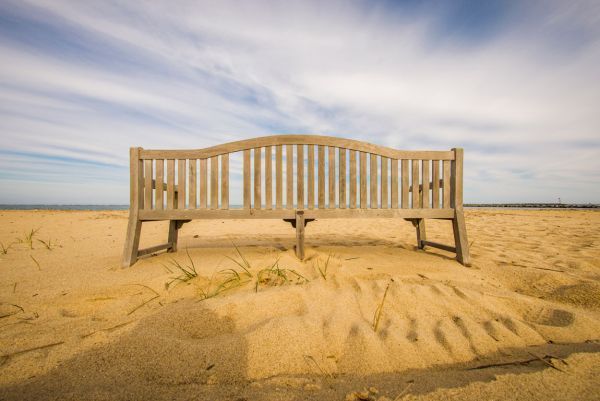
Dan Harris, best known as the host of ABC’s Nightline, began his path to happiness by having an on-air panic attack.
He was reading the national news, live, when he lost the ability to speak coherently. For 35 awful seconds, he stumbled through a segment about statin drugs for cholesterol, saying related words but making no sense. With several stories still unread, he bailed out: “…that’s all for news right now, back to Robin and Charlie.”
The incident forced him to face his mounting stress problem. He explored the many forms of self-help, and during his stint as ABC’s faith reporter (even though he was a skeptic and an atheist) he found something that worked for him: meditation. Over the next few years he used it to transform his relationship to stress and his work, and still meditates daily.
But his go-getting type-A colleagues gave him a hard time for his “weird” habit, and he had trouble explaining to them what it did for him. To say it simply reduces stress was really selling it short; it does much more for a person than that. But to describe the benefits more specifically — that it allowed him to see the world the way it really is, or to see the mechanics of his bad habits, or to inquire into the nature of the self — hardly makes it sound attractive, and fails to convey its value anyway.
Eventually he came up with a stock response: “I do it because it makes me 10% happier,” although he admits this was both an understatement and an oversimplification.
Although I think his catchphrase makes meditation sound much less useful than it really is, I understand the problem he was trying to address. Meditation is still a hard sell in the Western world. It’s so unusual to us that it’s hard to make it appeal to materialistic Western sensibilities. But we all understand the value of a life with less anxiety and more happiness.
Meditation isn’t specifically about happiness, but more happiness is a likely side effect. One thing it does do, in my experience, is expand one’s freedom in a particular way, and this freedom can be used to pursue happiness and ease with much less trouble. I’ll show you what I mean. Read More


 I'm David, and Raptitude is a blog about getting better at being human -- things we can do to improve our lives today.
I'm David, and Raptitude is a blog about getting better at being human -- things we can do to improve our lives today.
I highly recommend a consistent, daily meditation practice! For years I was interested in meditation, but never did much more than read a lot about it, and think a lot about it... but that doesn't hold a candle to actually sitting and meditating every day. I find it helpful to keep...